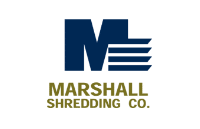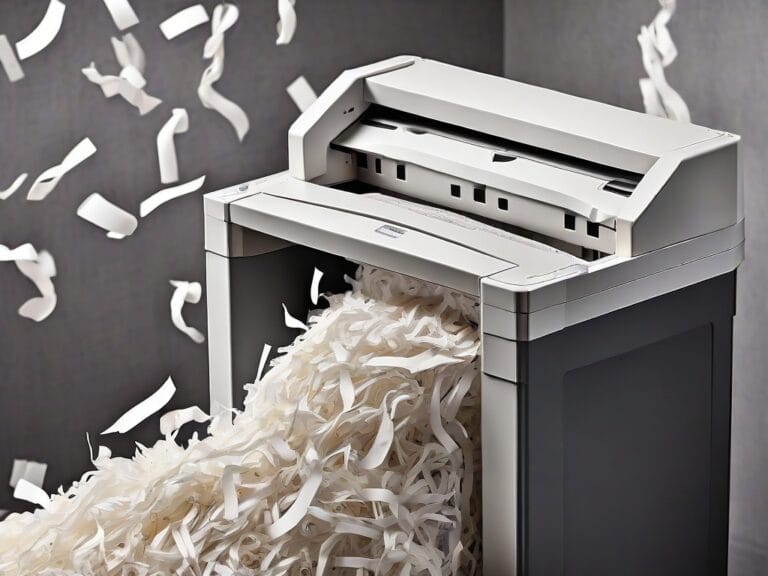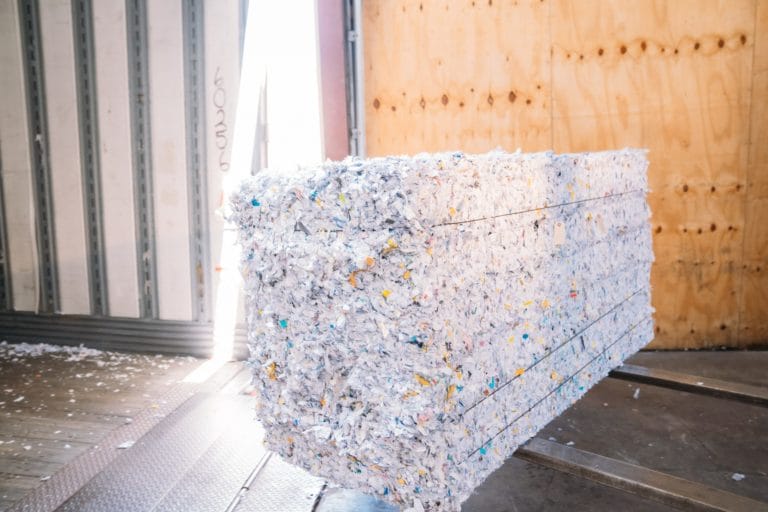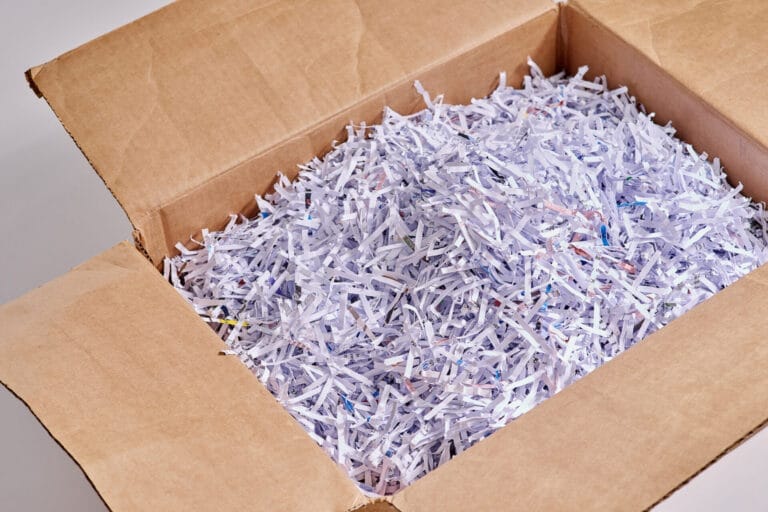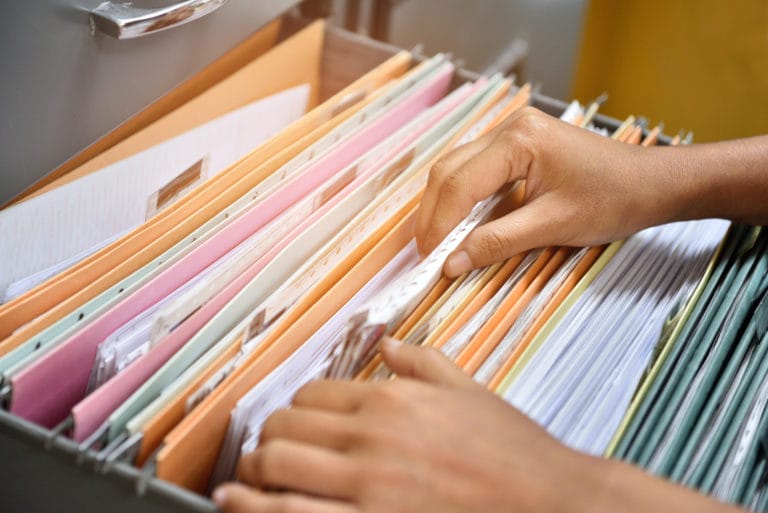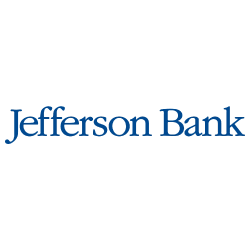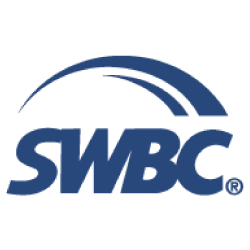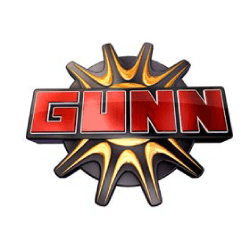Why Burning Isn’t a Good Alternative to Shredding
When businesses need to dispose of sensitive documents, the method they choose can have far-reaching consequences for compliance, security, and reputation. While burning documents might seem like a straightforward solution (after all, fire destroys everything, right?), this approach falls short of professional standards and creates significant risks that far outweigh any perceived benefits.
While you might consider burning as a quick fix and cost-effective alternative to professional shredding services, it comes with significant risks and drawbacks. What appears to be a simple solution often becomes a costly mistake that exposes organizations to legal liability, environmental violations, and serious security breaches.
Legal and Compliance Issues: The Certificate Problem
One of the most critical shortcomings of burning documents is the complete absence of verifiable proof of destruction. Professional shredding services provide a Certificate of Destruction, a legal document that serves as evidence that sensitive materials were properly destroyed according to industry standards.
This certificate isn’t just a nice-to-have document; it’s a compliance requirement for many industries. Healthcare organizations must demonstrate compliance with the Health Insurance Portability and Accountability Act (HIPAA) when disposing of patient records. Financial institutions need proof of proper destruction to meet the requirements of the Fair and Accurate Credit Transactions Act (FACTA). Legal firms must show they’ve properly handled client confidential information according to attorney-client privilege standards.
When auditors arrive, they don’t want to hear that documents were “burned in the parking lot last month.” They require documented proof of certified destruction methods along with timestamps and witness signatures. Without a Certificate of Destruction, businesses remain fully exposed to regulatory penalties, lawsuits, and compliance violations even if the documents were actually destroyed.
Incomplete Destruction: When Fire Fails
The fundamental assumption that fire completely destroys all documents is dangerously flawed. Burning documents outdoors or in uncontrolled environments frequently results in incomplete destruction. Wind can scatter partially burned papers and leave fragments with readable information exposed to anyone who might find them.
Even in controlled burns, documents in the center of a pile can be protected by the outer layers and often remain partially intact. Identity thieves and competitors know this, and they specifically target burn sites looking for recoverable information. A single readable account number, Social Security number, or proprietary formula can cause devastating damage to individuals and businesses.
Professional shredding, by contrast, reduces documents to confetti particles, which makes reconstruction virtually impossible. This consistent, measurable destruction standard ensures that sensitive information cannot be recovered or misused.
Environmental Concerns: Hidden Pollution Costs
Modern business documents aren’t just paper and ink. They contain plastics, synthetic coatings, adhesives, and chemical treatments that release toxic compounds when burned. Toner cartridges contain heavy metals. Laminated documents release harmful gases when burned. Even standard ink can produce carcinogenic compounds when combusted.
These pollutants don’t just disappear. They enter the air supply and affect air quality in surrounding areas. Certain states and localities have strict regulations against document burning precisely because of these environmental impacts. Violating local air quality ordinances can result in substantial fines and cleanup costs.
Professional shredding services operate under environmental regulations and partner with recycling facilities to ensure that destroyed paper is processed responsibly. This approach supports circular economy principles while avoiding the pollution and regulatory risks associated with burning.
Fire Hazards: When Destruction Becomes Dangerous
Open flames are inherently dangerous. What may start as a controlled burn can quickly escalate into a fire that puts property, businesses, and lives at risk. Professional shredding eliminates this hazard entirely by offering a safe and reliable solution.
Fire is inherently dangerous and unpredictable. What starts as a controlled document burn can quickly escalate into a property-threatening emergency. Wind changes, dry conditions, or improperly contained flames can spread fires to buildings, vehicles, and neighboring properties.
The liability exposure is enormous. If a document burning session causes property damage or injury, insurance claims can reach hundreds of thousands of dollars. Many business insurance policies specifically exclude coverage for damages caused by intentional fires, which leaves organizations fully responsible for any consequences.
Professional shredding eliminates fire risks entirely while providing the same security outcome through mechanical destruction in controlled, supervised facilities.
No Chain of Custody: Security Gaps You Can’t See
Professional shredding services maintain strict chain of custody protocols from collection through destruction. Documents are secured in locked containers, transported in monitored vehicles, and destroyed under supervised conditions with documented procedures at every step.
Burning offers none of these protections. Documents sit unsecured while waiting to be burned. They’re transported without protection to burn sites, and there’s no supervision during the actual destruction process. This creates multiple opportunities for theft, copying, or mishandling of sensitive information before it ever reaches the fire.
Consider this scenario: An employee loads confidential files into their personal vehicle to transport them to a burning location. The car is broken into at a gas station, and the documents are stolen. The burning was never the security problem. Rather, it was everything that happened before the fire that created the breach.
Public Perception: Professional Image Matters
The sight of a business burning documents can send the wrong message to employees, neighbors, and regulators. It may appear secretive, careless, or even suspicious. By contrast, using a certified shredding service demonstrates a commitment to professionalism, compliance, and responsible data management.
When employees, clients, or neighbors see a business burning documents, it raises immediate red flags. The image is reminiscent of cover-ups, emergency destruction of evidence, or unprofessional handling of sensitive information. This perception can damage business relationships and raise unwanted questions from regulators or law enforcement.
Professional shredding, by contrast, demonstrates that an organization takes information security seriously and follows industry best practices. The sight of a certified shredding truck visiting a business location reinforces confidence that sensitive information is being handled properly and professionally.
The Professional Standard
Document destruction is not just about making papers unreadable. It’s about maintaining compliance, protecting sensitive information through every step of the process, minimizing environmental impact, and demonstrating professional responsibility to stakeholders.
Professional shredding services provide comprehensive solutions that address all these requirements simultaneously. The investment in proper document destruction services is minimal compared to the potential costs of compliance violations, security breaches, environmental fines, or fire damage.
When businesses choose professional shredding over burning, they’re not just destroying documents. They’re protecting their reputation, ensuring compliance, maintaining security standards, and demonstrating environmental responsibility. That’s not just good practice; it’s essential business protection.
For organizations serious about information security and regulatory compliance, professional shredding isn’t an expense. It’s an investment in risk management that pays dividends in peace of mind, legal protection, and professional credibility.
